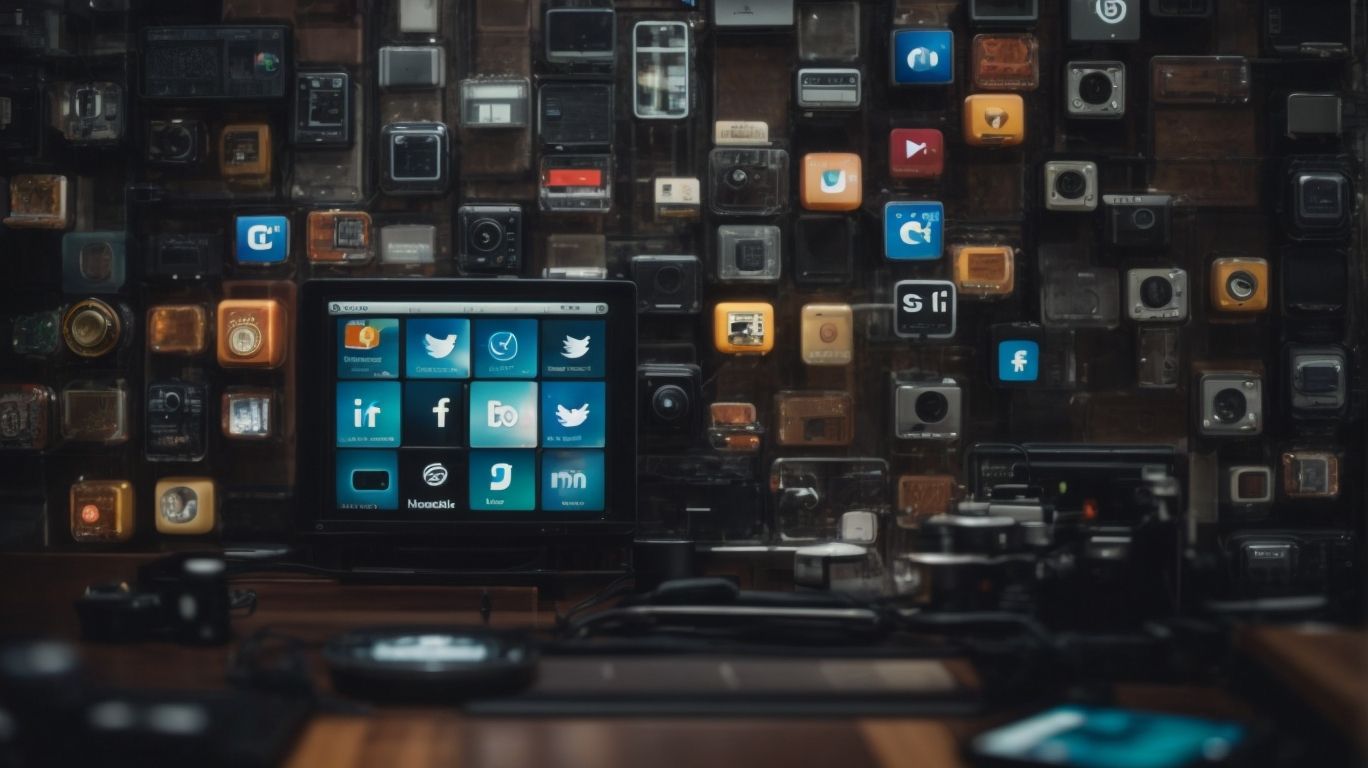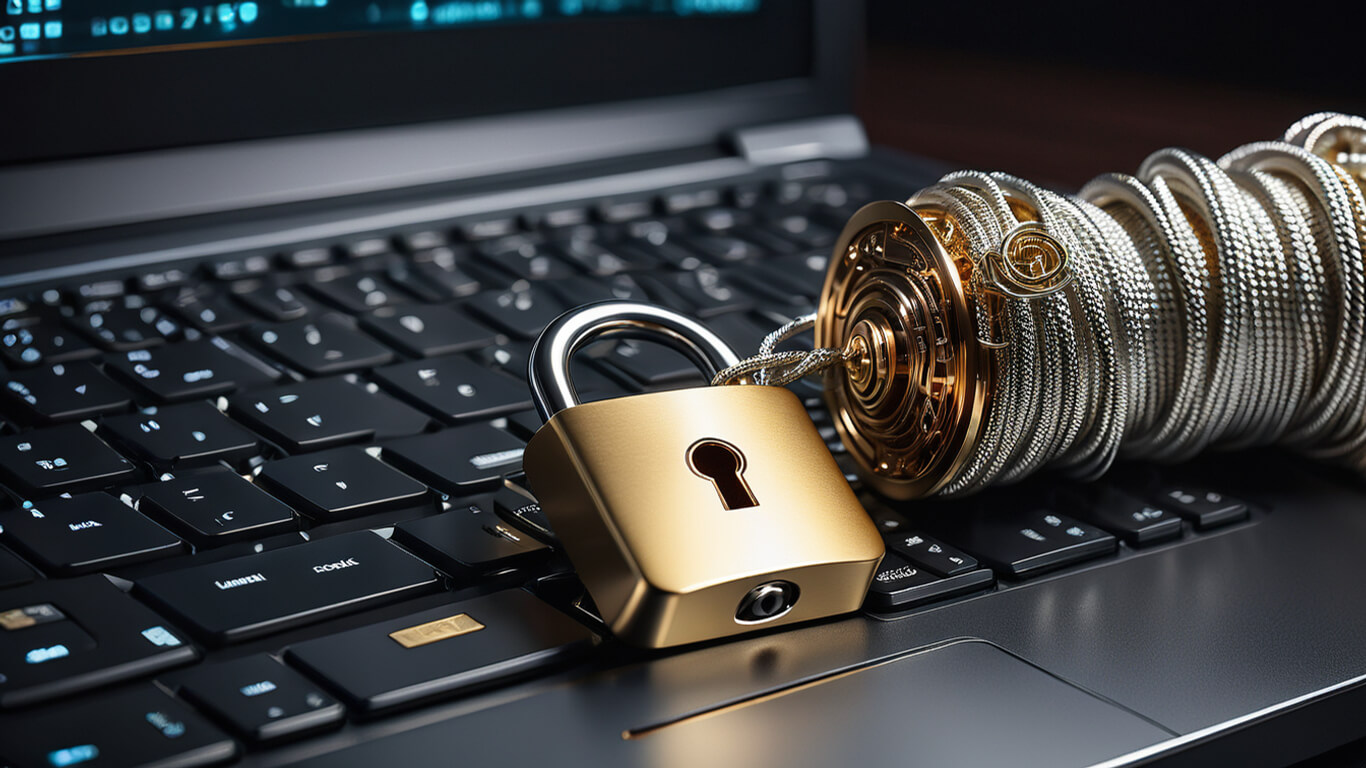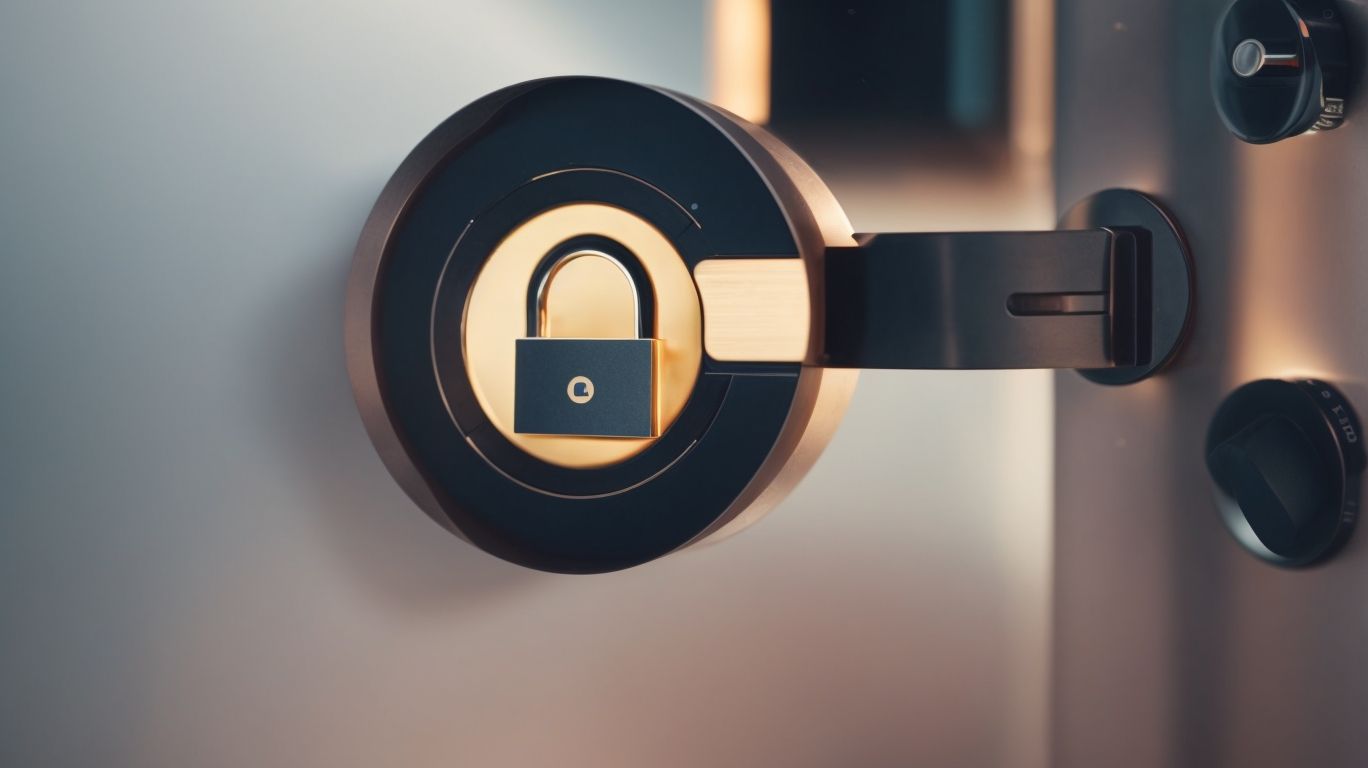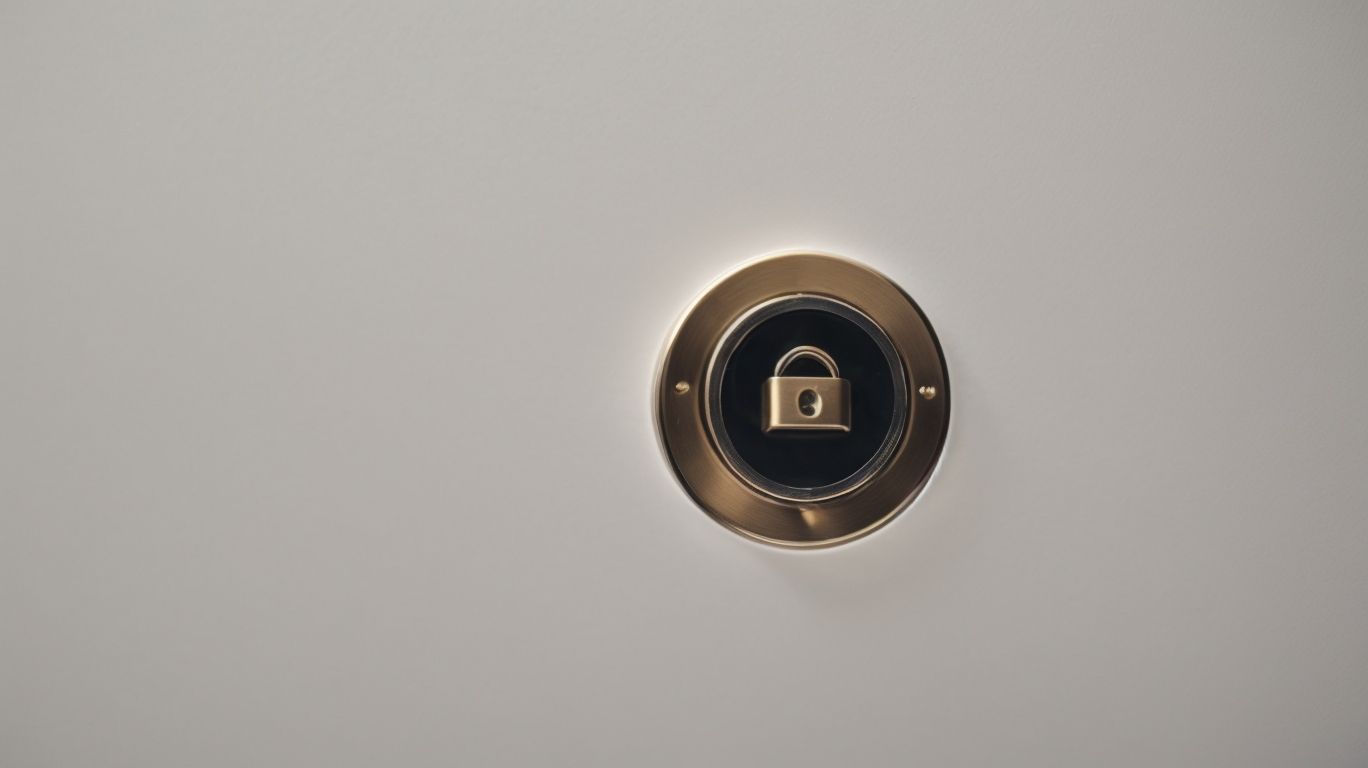In today’s digital age, social media has become an integral part of our lives, allowing us to connect with others, share our thoughts, and stay informed.
However, with the convenience of social media also comes potential risks to our privacy and security.
From the collection of personal information to the dangers of oversharing, the impact of social media on our privacy is significant.
In this article, we will explore how social media can compromise our privacy and identity, as well as provide valuable tips on how to protect ourselves and stay safe in the online world.
Table of Contents
Key Takeaways:
Be cautious of oversharing personal information on social media to protect yourself from identity theft and online harassment. Adjust your privacy settings, be mindful of what you post, and limit the amount of personal information shared to ensure online safety. Always be cautious of friend requests, suspicious links, and public Wi-Fi networks while using social media to stay safe and protect your privacy.
The Impact of Social Media on Privacy
The Impact of Social Media on Privacy is a critical concern in today’s digital age, where platforms collect vast amounts of personal data from users.
Data collection practices by social media companies are often opaque, leaving users unaware of the extent of information being harvested, which can include browsing history, location data, and even personal messages. This data is then used for targeted advertising, making individuals vulnerable to manipulation and exploitation. The risks arise from potential data breaches and the sale of personal information to third parties without consent, further compromising user personal information security. As users increasingly share their lives online, the boundary between public and private information blurs, raising questions about consent and control over one’s digital footprint.
How Social Media Collects Personal Information
Social Media platforms like Facebook gather personal information through various means, including user activities, preferences, and interactions.
One of the primary methods employed by social media platforms to collect user data is through tracking user behavior. This involves monitoring the actions users take on the platform, such as pages they like, posts they interact with, and the time they spend on certain content. Data mining plays a crucial role in gathering user data by analyzing patterns and trends from the information users provide. Algorithmic decisions are utilized to personalize user experiences based on the collected data, influencing the content users see on their feeds and the ads they are exposed to.
The Dangers of Oversharing on Social Media
Oversharing on social media can expose users to privacy risks, as personal information shared online can be vulnerable to misuse and exploitation.
Identity theft is a significant concern when individuals share too much personal information on social media platforms. Cybercriminals can harvest this data to impersonate users, open fraudulent accounts, or conduct scams. This can lead to financial loss, damage to reputation, and legal repercussions.
Oversharing can also result in physical security risks, as revealing location details or daily routines can make individuals susceptible to burglaries, stalking, or other physical harm. It’s crucial for users to be cautious about what they share to protect themselves and their loved ones from such risks.
The Role of Social Media in Identity Theft
Social Media plays a significant role in identity theft incidents, where hackers target user accounts to gain unauthorized access and misuse personal information.
One of the key factors contributing to the vulnerability of social media platforms is the amount of personal data users willingly share. Cybercriminals take advantage of this by using various tactics such as phishing scams or malware to compromise accounts. Once they gain access, they can harvest sensitive information like addresses, phone numbers, and even financial details. The repercussions of such breaches can be severe, leading to financial losses, reputation damage, and even potential legal implications for victims.
The Impact of Social Media on Online Harassment and Cyberbullying
Social Media has become a breeding ground for online harassment and cyberbullying, posing threats to user privacy and cybersecurity.
One of the negative implications of the pervasive use of social media platforms is the ease and anonymity with which individuals can engage in hurtful and damaging behaviors towards others. This not only jeopardizes the emotional well-being of those targeted but also raises serious concerns about user safety, particularly for vulnerable groups such as children and teenagers.
The interconnected nature of social media networks amplifies the spread of hateful content and false information, making it challenging for authorities and platforms to effectively monitor and address such malicious activities. As a result, cyberbullying incidents often escalate rapidly, causing lasting psychological trauma and eroding trust in online communities.
How to Protect Your Privacy on Social Media
Ensuring privacy on social media requires proactive measures, such as adjusting privacy settings, being mindful of shared content, and limiting personal information exposure.
One practical tip to enhance your privacy on social media is to regularly review and adjust your account’s privacy settings. By customizing who can view your posts, personal information, and contact details, you can have better control over who accesses your content and data.
Another crucial step in safeguarding your privacy is to avoid oversharing sensitive information or details that could compromise your security. Be cautious about posting personal information like your home address, phone number, or financial details.
Implementing best practices for data protection is also essential. This includes using strong, unique passwords for each account, enabling two-factor authentication, and being wary of suspicious links or requests for information.
Adjust Your Privacy Settings
A crucial step in protecting your privacy on social media is to carefully adjust your privacy settings to control the visibility of your personal information.
By navigating to the settings section of your chosen social media platform, you can begin customizing your privacy preferences. Each platform offers various options to limit who can view your profile, posts, and photos. Utilizing privacy settings also allows you to manage who can send you friend requests or message you, enhancing your overall online security.
- Furthermore, restricting data access to third-party applications is essential to prevent your information from being shared without consent.
- Considering the importance of managing sharing preferences, you should review and adjust who can see your activity, such as likes and comments, to avoid oversharing.
- Enhancing your protection involves securing your account with a strong password and enabling two-factor authentication for added security layers.
Be Mindful of What You Post
Practicing discretion and thoughtfulness in what you post on social media is essential to protect your privacy and prevent potential risks associated with oversharing.
In today’s digital age, sharing personal information online has become second nature, but it’s crucial to remember that once it’s out there, you lose control over who sees it.
When creating content for social media platforms, consider the impact it may have on your online presence and reputation. Engage in content moderation by filtering what you share based on relevancy and necessity. By actively managing your digital footprint, you can safeguard yourself from potential harm and maintain a level of online security.
Limit the Amount of Personal Information You Share
Minimizing the disclosure of personal information on social media platforms can mitigate risks related to data exploitation, tracking, and privacy breaches.
In today’s digital age, where online presence plays a crucial role in individuals’ daily lives, it’s essential to be mindful of the information shared on these platforms. Personal data can be a goldmine for cybercriminals, leading to various privacy concerns and potential threats to one’s digital security. By limiting the personal details disclosed on social media, individuals can reduce the chances of identity theft, cyberstalking, and other forms of online exploitation.
Be Aware of Scams and Phishing Attempts
Remaining vigilant against scams and phishing attempts on social media is crucial to safeguarding your personal information and online security.
Scammers often use various strategies to deceive unsuspecting individuals, such as creating fake profiles that mimic those of legitimate businesses or friends.
One common tactic is to send enticing messages promising huge prizes or discounts in exchange for clicking on a suspicious link that leads to a phishing website.
To enhance your defense, always verify the authenticity of messages or links before interacting with them and avoid sharing personal information with unknown sources.
How to Stay Safe on Social Media
Ensuring your safety on social media involves adopting proactive measures like being selective with friend requests, avoiding suspicious links, and using strong password protocols.
Regarding account protection, enable two-factor authentication whenever possible to add an extra layer of security. Regularly review your privacy settings to ensure only trusted individuals have access to your personal information.
As for link safety, always double-check the URLs before clicking on them, especially in messages or emails from unknown sources. Avoid sharing sensitive information, such as your address or phone number, in public posts or messages.
When setting passwords, aim for a combination of uppercase and lowercase letters, numbers, and special characters. Avoid using easily guessable information like birthdays or pet names. It’s recommended to use a unique password for each platform or account to prevent a domino effect in case of a security breach.
Be Selective with Friend Requests
Practicing discretion in accepting friend requests on social media can prevent unauthorized access to your account and enhance overall security.
When you accept friend requests from unknown contacts, you expose yourself to potential risks such as phishing scams, identity theft, and malware attacks. These unknown connections may compromise your account’s privacy and misuse your personal information. It is crucial to be mindful of the kind of network you maintain online, ensuring that your connections are trustworthy and reliable. By being cautious with friend requests, you can safeguard your digital footprint and create a secure environment within your social media circle.
Avoid Clicking on Suspicious Links
Steering clear of suspicious links shared on social media can prevent falling victim to malware, scams, and phishing attempts that compromise your security.
One common tactic used by cybercriminals is creating deceptive links that appear genuine but lead to harmful websites designed to steal personal information. Avoid clicking on shortened URLs or links from unknown sources, as these can often hide malicious destinations. Keeping an eye out for misspellings, unusual domains, or strange content in the link can also help in identifying potential threats.
Employing robust security software that includes anti-phishing protection and regularly updating your browser and antivirus programs can add an extra layer of defense against online threats. Always verify the authenticity of links before clicking, especially when they claim to offer unbelievable deals or urgent requests. Remember, a cautious approach to clicking on links can significantly reduce the risk of cyber attacks.”
Use Strong and Unique Passwords
Employing robust and unique passwords for your social media accounts is essential to fortify account security and prevent unauthorized access.
Creating a strong password involves a combination of letters (both uppercase and lowercase), numbers, and special characters. Avoid using easily guessable information like birthdates or pet names. It is also crucial to steer clear of using the same password for multiple accounts as this can pose a risk if one account gets compromised.
Consider enabling two-factor authentication for an added layer of security. When you forget your password, utilize account recovery options like security questions or alternative contact methods. Regularly updating passwords and conducting security checks help in maintaining secure online presence and safeguarding personal information.
Be Cautious of Public Wi-Fi Networks
Exercising caution when connecting to public Wi-Fi networks while using social media platforms can prevent data interception, cyber attacks, and privacy breaches.
Public Wi-Fi networks, although convenient, are often targeted by cybercriminals who can easily access sensitive information shared over these networks without proper security measures in place. When utilizing public Wi-Fi, it’s crucial to encrypt your data through a Virtual Private Network (VPN) to create a secure tunnel for your online activities, shielding them from potential threats. Disabling automatic network connections and ensuring that your device’s security software is up to date are vital steps in safeguarding your personal information from unauthorized access. By practicing these precautions, individuals can minimize the risks associated with public Wi-Fi usage and protect their online privacy effectively.
Conclusion: Finding a Balance between Privacy and Social Media Use
Achieving a balance between privacy and social media engagement necessitates adopting proactive privacy protection measures, exercising caution in online interactions, and remaining vigilant against potential risks.
Privacy concerns in the digital realm have surfaced as a critical issue, with the increasing dependence on social media platforms for communication, networking, and content consumption. Users must be cognizant of the data they share online, understanding that their personal information can be vulnerable to exploitation. Safeguarding one’s privacy requires a combination of strong passwords, periodic security checks, and skepticism towards unsolicited requests or messages. Constant monitoring of online activities is paramount to detect any privacy breaches or suspicious behavior that may compromise one’s digital presence. https://www.youtube.com/embed/ptbQ-kqNZIY
Frequently Asked Questions
What is the impact of using social media on my privacy?
The use of social media can have a significant impact on your privacy. By sharing personal information online, you are exposing yourself to potential privacy breaches, identity theft, and targeted advertising. Your online activities can also be tracked and monitored by third parties, compromising your privacy.
How can I protect my privacy while using social media?
To stay safe on social media, it is important to be cautious about the personal information you share. Keep your privacy settings up-to-date, avoid accepting friend requests from strangers, and be mindful of what you post online. It is also recommended to regularly review and adjust your privacy settings on different social media platforms.
What are some common privacy risks associated with social media?
Some common privacy risks associated with social media include identity theft, cyberbullying, and data breaches. Personal information shared on social media can also be used for targeted advertising and can even be sold to third-party companies without your knowledge or consent.
How can I control who sees my posts on social media?
Most social media platforms have privacy settings that allow you to control who sees your posts and information. It is important to regularly review and adjust these settings to ensure that your posts are only visible to the intended audience.
What should I do if I suspect my privacy has been compromised on social media?
If you suspect that your privacy has been compromised on social media, it is important to take immediate action. This may include changing your passwords, reporting any suspicious activity, and adjusting your privacy settings. You may also consider contacting the social media platform’s support team for further assistance.
Is it possible to completely protect my privacy on social media?
While it is not possible to completely protect your privacy on social media, there are steps you can take to minimize the risks. Be cautious about the personal information you share, regularly review your privacy settings, and use strong and unique passwords for your social media accounts. It is also important to stay updated on the latest privacy policies and guidelines of different social media platforms.







